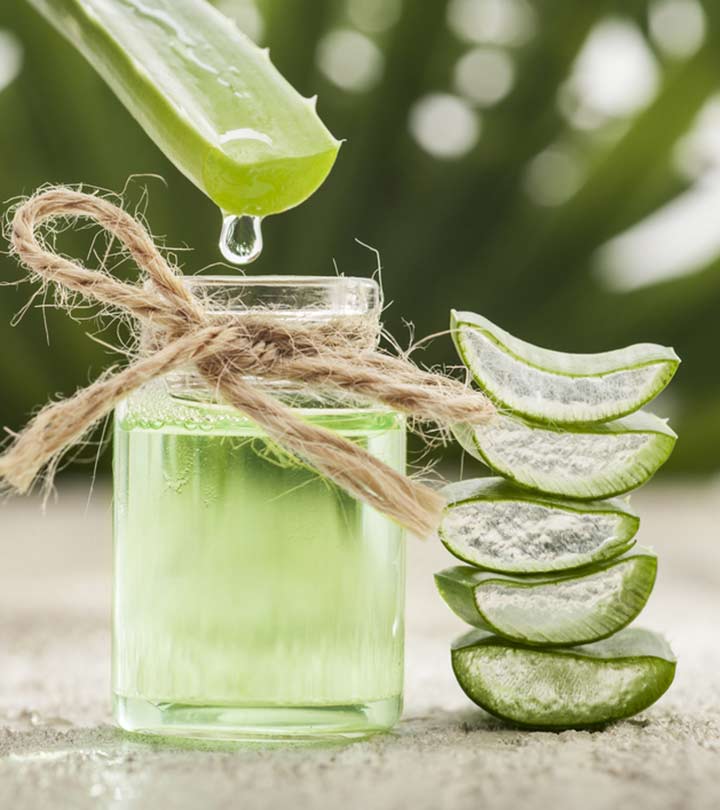Aloe vera provides significant health benefits. It is important to be aware of certain key factors. The latex found in aloe contains anthraquinones, a substance that can cause stomach pain and diarrhea. Although aloe vera gel is safe to consume, it is essential to remove the latex first. Fortunately, separating the two is a simple process. Many supermarkets sell individual aloe leaves in the produce section for easy purchase.
Drinking aloe vera gel
Drinking aloe vera juice has many health benefits, from improving skin tone and hydration to detoxifying the body. It can also help regulate blood sugar levels and aid in digestion. Aloe vera gel can be mixed with water to make your own juice. The juice can also be purchased online.
Aloe vera juice is safe to drink in small amounts, and most people can tolerate one serving a day. Drinking more than that can cause stomach problems. Pregnant and nursing mothers should consult a healthcare professional before drinking aloe vera gel. Aloe vera juice is not recommended to people taking medication despite all its benefits.

Eating aloe vera gel
Eating aloe vera gel is an excellent way to reap the benefits of the plant without consuming aloe latex. Though it’s not harmful, the latex can cause some health problems – for example, diarrhea and cramps. Aloe gel can be separated from the latex easily. It can be purchased in most grocery stores.
The aloe vera plant contains a variety of active nutrients, which can help with a variety of skin issues. Its gel is rich in aloe vera, which can be used to treat dry and sensitive skin.
Taking aloe vera gel for GERD
Aloe vera gel is an alternative to acid-blocking medications for gastric reflux disease. Its long-term use for digestive health suggests that it can be effective at alleviating symptoms and preventing acid reflux. Aloe vera has its risks.
Aloe vera can balance the pH of your gastric cavity and decrease the secretion hydrochloric acid. It also has anti-inflammatory properties, which may help relieve pain and soothe inflamed esophageal tissue. Studies have shown that aloe versa may boost the immune system and repair damage from acid reflux.
Taking aloe vera gel for constipation
Aloe vera juice may be a good option for constipation. It contains compounds called anthraquinones, which stimulate movement in the large intestine. These compounds could help with constipation and other gastrointestinal issues. These benefits are still being confirmed by more research. In any case, it’s important to discuss the benefits and risks of aloe vera juice with your doctor before using it.
Despite the benefits of aloe juice, it is not a good option for long-term use. Aloe latex may temporarily relieve symptoms, but side effects can include diarrhea, potassium deficiency and kidney damage. The FDA ordered that manufacturers remove aloe vera from over-the counter laxatives in 2002. Aloe latex, which contains latex, is not considered safe as it can cause dehydration. To determine if aloe vera is more effective than traditional laxatives, further clinical trials will be necessary.
Taking aloe vera gel for heartburn
If you suffer from acid reflux or heartburn while eating, you may want to consider taking aloe vera gel. It has been shown to help reduce stomach acid and balance the pH in the stomach. It can also help heal erosions on the esophagus. This remedy may be beneficial as an addition to your antireflux diet, or as a supplement to it. However, you should consult your doctor before using it.
Aloe vera is effective for all types of reflux, including GERD and LPR. Its anti-inflammatory properties help soothe the inflamed esophagus and reduce the pain. It has also been shown to improve the immune system. Its polysaccharides boost white blood cells and improve blood circulation. Aloe vera gel can also be used to treat acid reflux.









